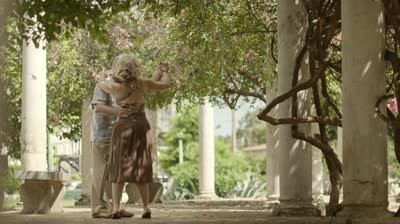The long-awaited official opening of the new Helensburgh Dementia Resource Centre took place on Friday 22nd January allowing us to finally offer the facilities and space which we have recognised as being needed in order to best serve people with dementia in our local community.

Alzheimer Scotland in Helensburgh has come a long way from our small beginnings in our previous Resource Centre which allowed us to establish ourselves as an organisation within the local community and to grow both in size and reputation over the past five years. We aimed to provide a new Resource Centre which would enable easier access to information and advice for people with dementia, their family carers and the local community in which all those people live.

In addition we sought to provide better opportunities for all those living with dementia to engage in activities which will stimulate the brain, reduce isolation and enable them to support each other. The new premises provide us with flexible space which is already being used creatively to provide Cognitive Stimulation Therapy Groups; Book Groups; Reminiscence Groups including the well-loved Football Memories and Peer Support Groups. In addition, Carers and Relatives are able to engage in a number of Carers’ Support Groups which are offered both during the day and in the evening and provide a tremendous opportunity for people who care for a relative or friend with dementia to share experiences and to help each other generate solutions to particular difficulties they may be facing.

The centre is also the base for a Home Support Service which provides personalised care to people living with dementia, promoting their independence and enabling them to keep connected with their community.

Another opportunity which we are keen to maximise is that of providing training and awareness about dementia and the new premises, which includes a well-equipped training room, is the ideal venue. Our intention is to offer dementia awareness sessions to staff and volunteers both from within our own organisation and from other local care providers and also to host Dementia Friends sessions to the wider community, helping everyone to see the difference which small changes made by individuals can make to the overall experience of living with dementia.

It is our hope that the new Dementia Resource Centre located right in the heart of Helensburgh will help to support the local community to talk about dementia and that people will be helped to live well with dementia.
THANK YOU FROM ALL AT HELENSBURGH DEMENTIA RESOURCE CENTRE

There is still time to get involved in our new centre, contact us for more information on volunteering and fundraising HRC@Alzscot.org
https://campaign.justgiving.com/charity/alasad/helensburgh




 Elaine Hunter
Elaine Hunter